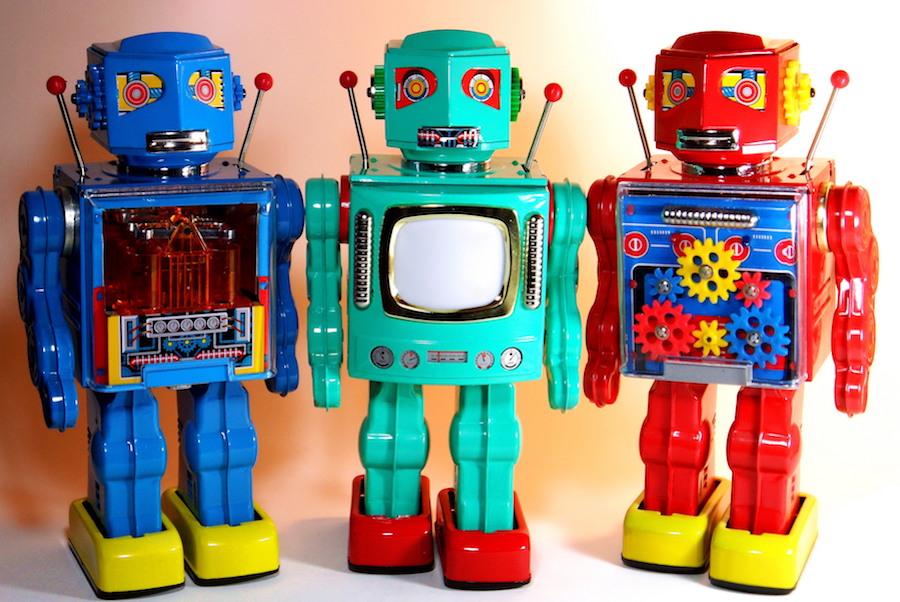Mining jobs among the ones artificial intelligence will take over first

The robotic revolution is set to cause the biggest transformation in the world’s workforce since the industrial revolution. In fact, research suggests that over 30% of jobs in Britain are under threat from breakthroughs in artificial intelligence (AI) technology.
With pioneering advances in technology many jobs that weren’t considered ripe for automation suddenly are. RS Components have used PwC Data to reveal how many jobs per sector are at risk of being taken by robots by 2030, a mere 13 years away. Did you think you were exempt from the robot revolution?
The top three sectors who are most exposed to the threats of robots are Transport and Storage, Manufacturing and Wholesale and Retail with 56%, 46% and 44% risk of automation respectively. The PWC report states that the differentiating factor between losing jobs to automation probability is education; those with a GCSE-level education or lower face a 46% risk, whilst those with undergraduate degrees or higher face a 12% risk. If a job is repetitive, physical and requires minimum effort to train for, this will have a higher likelihood to become automated by machines.
Mining and quarrying has an overall risk of automation of 23.1%, with 10,000 jobs on the line.
The manufacturing industry has the 3rd highest likelihood potential at 46.6%, shortly behind Transportation and Storage (56.4%) and Water, Sewage and Waste Management (62.6%). Although the manufacturing sector has the 3rd highest likelihood, it has the second largest number of jobs at risk of being taken by robots; an astonishing 1.22 million jobs are at risk in the near future. Repetitive manual labour and routine tasks can be taught to fixed machines and mimicked easily, saving employers both time and money.
The three sectors least at risk are Education, Health and Social and Agriculture, Forestry and Fishing with 9%, 17% and 19% risk of automation respectively. These operations are non-repetitive and consist of characteristics that cannot be taught and are harder to replicate with AI and robotics.
These are not the only fields where the introduction of AI will have an impact on employment prospects; Administrative and Support Services, Accommodation and Food Services, Finance and Insurance, Construction, Real Estate, Public Administration and Defence, and Arts and Entertainment are not out of the woods either.
The future is not all doom and gloom. Automation is set to boost productivity to enable workers to focus on higher value, more rewarding jobs; leaving repetitive and uncomplicated ones to the robots. An increase in sectors that are less easy to automate is also expected due to lower running costs. Wealth and spending will also be boosted by the initiation of AI seizing work. Also, there are just some things AI cannot learn so these jobs will be safe.
In some sectors half of the jobs could be taken by a fully automated system. Is your job next? Find out:

{{ commodity.name }}
{{ post.title }}
{{ post.date }}




Comments